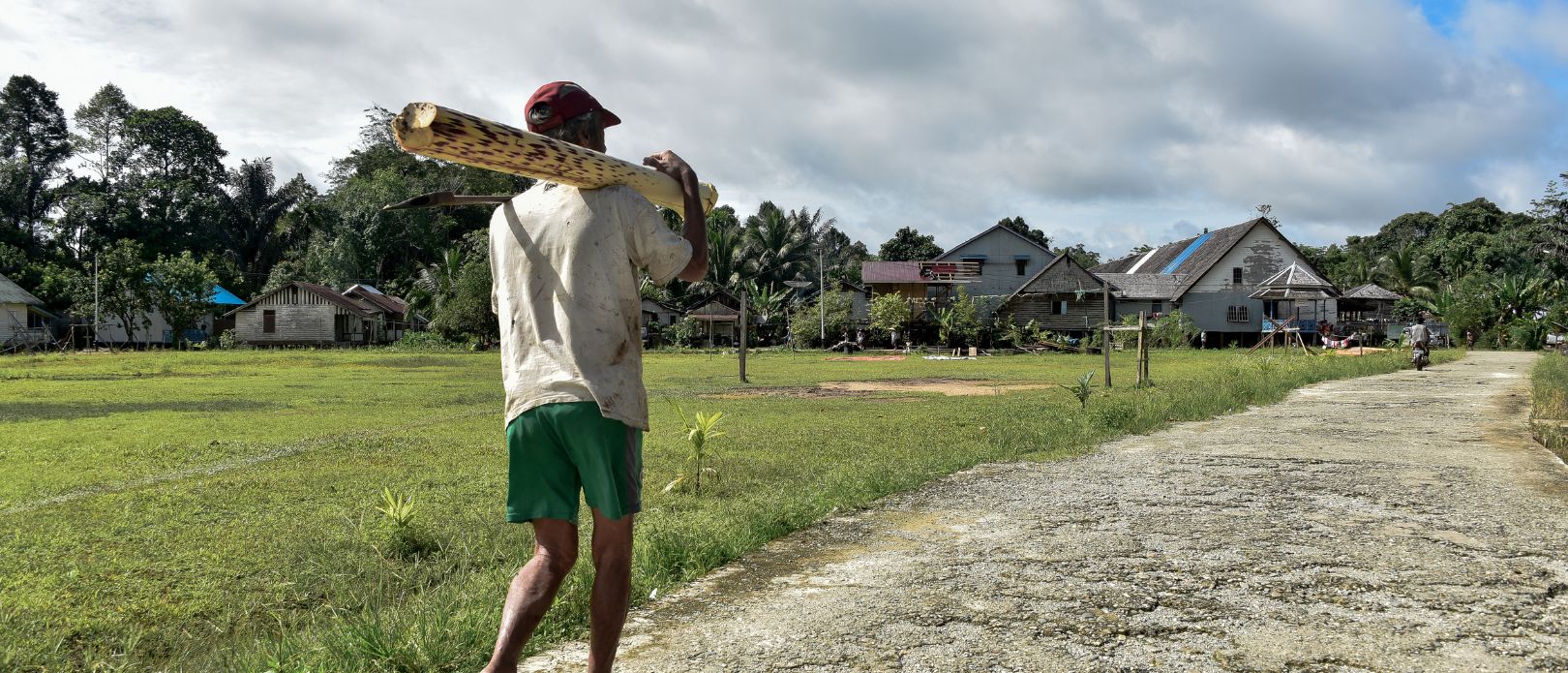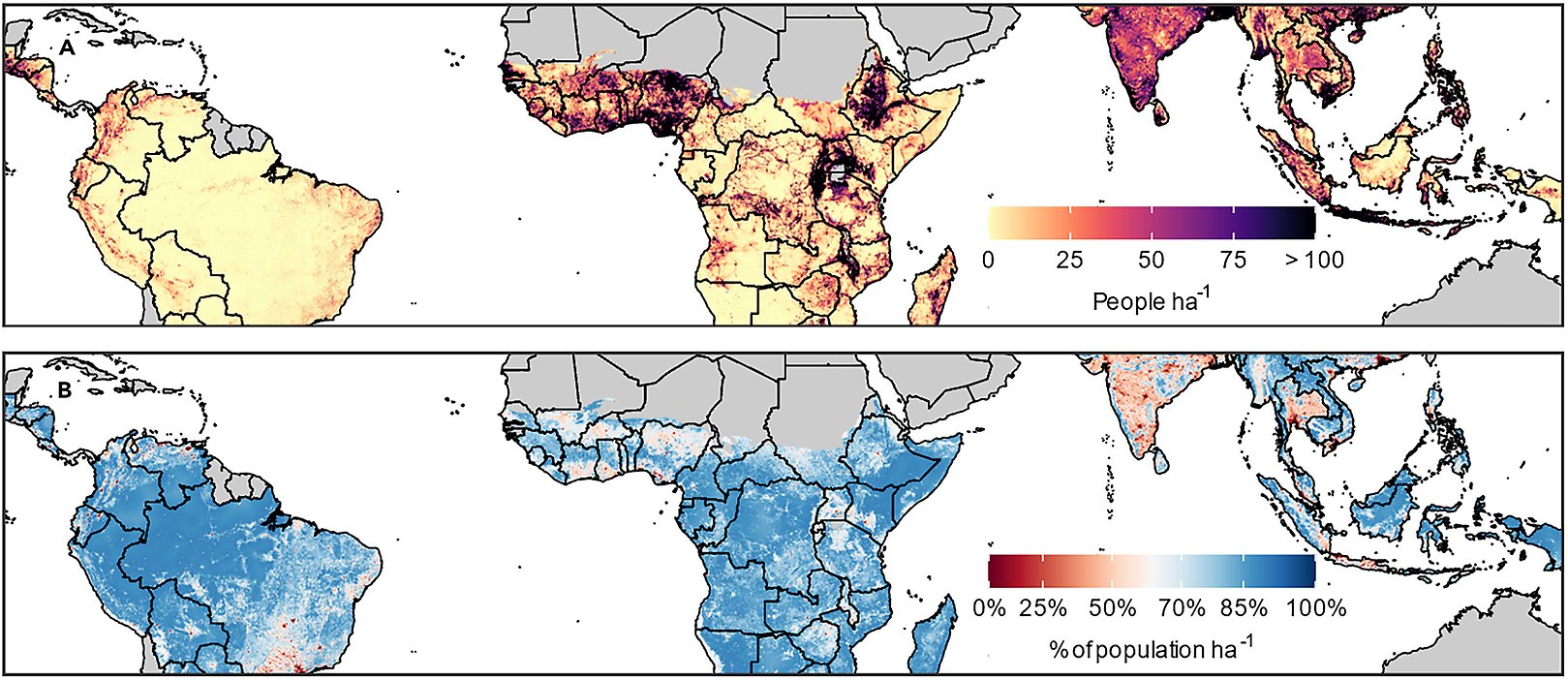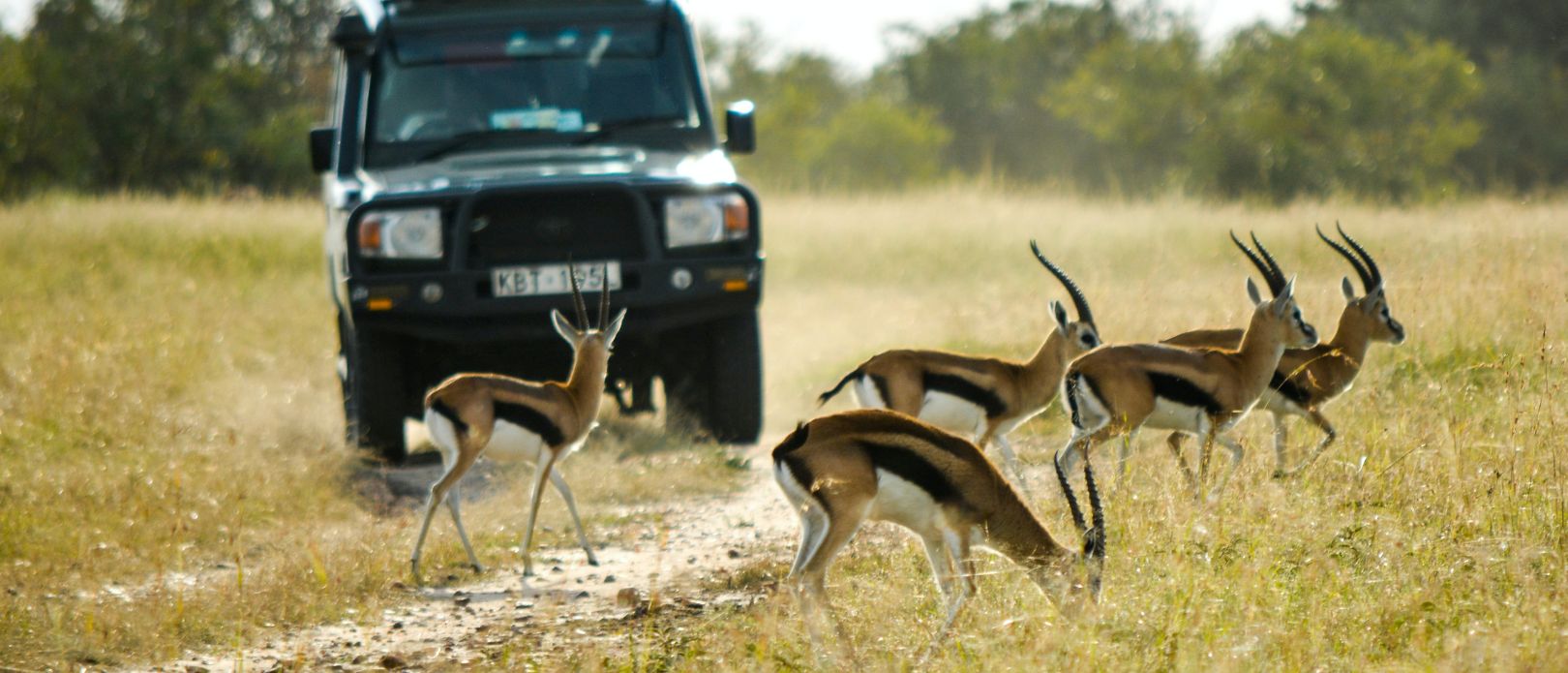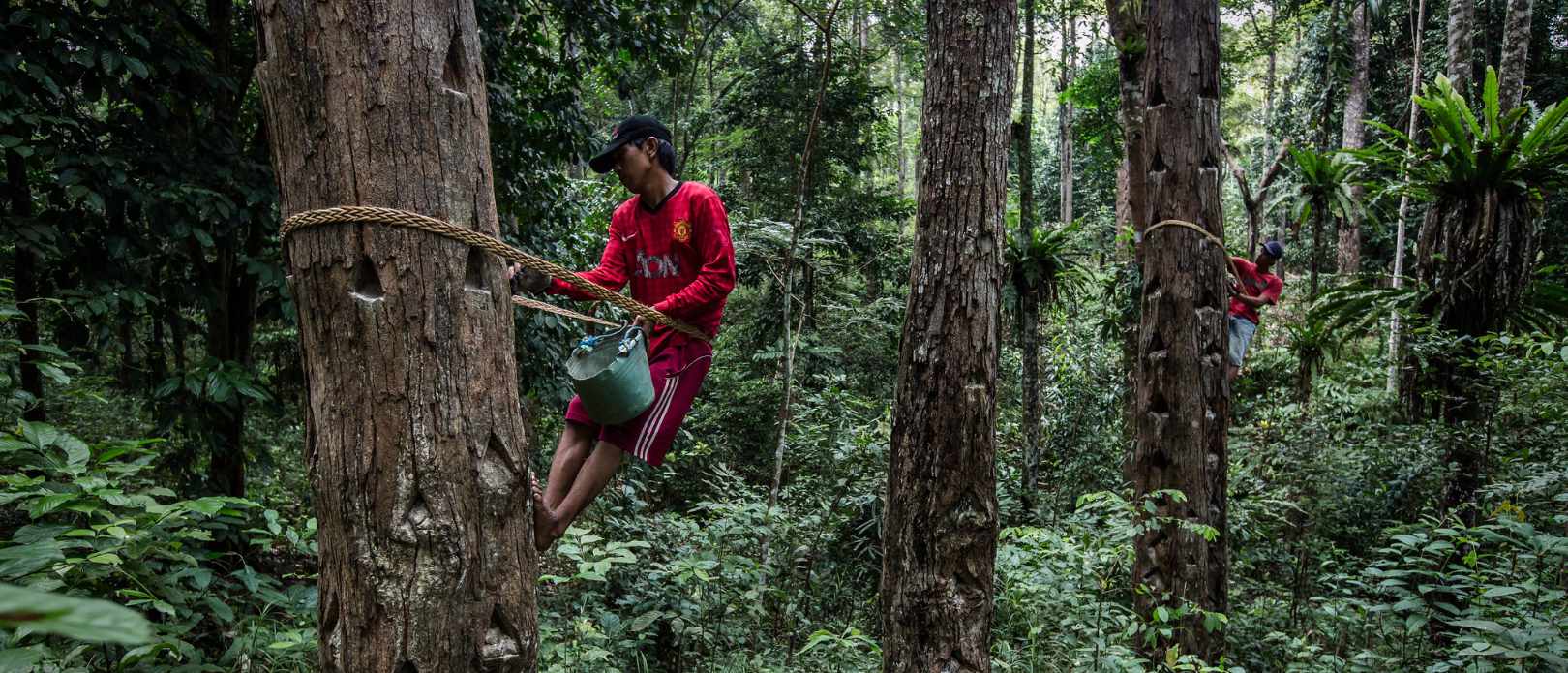Foraging and conservation
Wild plants and animals are key for well-being in the tropics, as is economic development

The well-being of households in the tropics is dependent on a combination of both foraging and equitable economic development and social policy. Photo: Icaro Cooke Vieira/CIFOR via Flickr.
Should the use of wild plants and animals be rapidly phased out in the tropics for conservation and development purposes? A new study argues that this would not be such a good idea
- Foraging wild species from the land and sea for food, fodder, fiber, and fuel is an integral part of people’s livelihoods in the tropics
- Wild resources may often be overexploited, but rapidly phasing out their use is not an equitable solution
- A combination of both foraging and economic development underpins the well-being of many in the tropics
Foraging, also called wild harvesting, is a common practice for hundreds of millions of people in the tropics. But conservation efforts, not least the Global Biodiversity Treaty’s goal to protect thirty percent of the area of the globe, could limit people's access to these resources.
The pathway to higher well-being for many people is to have both wild harvests and access to other livelihoods, skills, and infrastructure.
Centre researcher Geoff Wells
Some argue that would be fine, as wild harvesters could be compensated by gaining access to infrastructure, markets, and skills. But a new study, published in the journal One Earth, provides evidence of the contrary. The study looked at food security and life satisfaction among more than 10,000 households in the tropics.
“What we’ve shown is evidence that the pathway to higher well-being for many people is to have both wild harvests and access to other livelihoods, skills, and infrastructure,” says Centre researcher Geoff Wells, lead author of the study.
He continues:
“Wild harvests provide vital contributions to the well-being of lots of people in the tropics, especially in remote and poor areas, and for Indigenous peoples. So, we need to proceed carefully with any conservation or development interventions that want to rapidly change wild foraging practices in the short- to medium-term.”
Different in different contexts
Overall, the study also finds that the extent of wild harvesting and its role in livelihoods is largely context-dependent. Factors such as gender, education level, the presence of rules for common pool resources, and distance to urban areas all played roles in whether foraging improved households' food security and life satisfaction.
Conservation and development interventions need to address power dynamics if they are to improve people’s lives.
Centre researcher Geoff Wells
Power dynamics on the village level also proved to be a strong factor.
“Generally, these types of studies tend to show that local elites grab most of the monetary benefits generated from commercially valuable wild resources because of their access to productive assets, financial capital, social networks and markets. This calls for strengthening resource tenure for marginalized groups as well as promoting equitable distribution of cost, risk and developmental benefits,” comments co-author Anamika Das from the Ashoka Trust for Research in Ecology and Environment in Bengaluru, India.

(Top) Spatial estimates of the number of people in wild harvesting households and (bottom) the median estimated percentage (or probability) of the local population in wild harvesting households in 2015. Spatial estimates exclude gray areas: high income countries, dense urban areas, arid biomes, and small island states.
Geoff Wells comments:
“In the data, we can see that for example female-headed wild harvesting households tend to experience worse well-being outcomes, compared to male-headed ones. So conservation and development interventions also need to address these dynamics if they are to improve people’s lives.”
The authors conclude that the well-being of households in the tropics is dependent on a combination of both foraging and equitable economic development and social policy.
Wells, G.J., Ryan, C.M., Das, A., Attiwilli, S., Poudyal, M., Lele, S., Schreckenberg, K., Robinson, B.E., Keane, A., Homewood, K.M., Jones, J.P.G., Torres-Vitolas, C.A., Fisher, J.A., Ahmad, S., Mulligan, M., Dawson, T.P., Adams, H., Setty, R.S. & Daw, T.M. 2023. Hundreds of millions of people in the tropics need both wild harvests and other forms of economic development for their well-being. One Earth.








